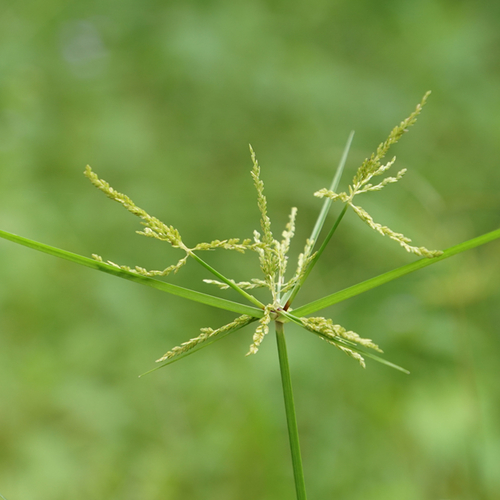
Background
Adrue is used as a sedative, for river blindness, and for vomiting and digestion problems including nausea, colic, and gas, but there is no good scientific evidence to support these uses.
Safety Safety definitions
Special Precautions & Warnings:
Pregnancy and breast-feeding: There isn't enough reliable information to know if it is safe to use adrue when pregnant or breast-feeding. Stay on the safe side and avoid use.Surgery: Adrue might slow down the central nervous system. There is a concern that it might slow down the nervous system too much when combined with anesthesia and other medications used during and after surgery. Stop using adrue at least 2 weeks before a scheduled surgery.
Effectiveness
- Vomiting.
- Nausea.
- Colic.
- Gas.
- Other conditions.
Dosing & administration
Interactions with pharmaceuticals
Sedative medications (Barbiturates)
Interaction Rating=Moderate Be cautious with this combination.
Adrue might cause sleepiness and drowsiness. Medications that cause sleepiness are called sedatives. Taking adrue along with sedative medications might cause too much sleepiness.
Some sedative medications include amobarbital (Amytal), butabarbital (Butisol), mephobarbital (Mebaral), pentobarbital (Nembutal), phenobarbital (Luminal), secobarbital (Seconal), and others.
Sedative medications (Benzodiazepines)
Interaction Rating=Moderate Be cautious with this combination.
Adrue might cause sleepiness and drowsiness. Medications that cause sleepiness and drowsiness are called sedative medications. Taking adrue along with sedative medications might cause too much sleepiness.
Some of these sedative medications include clonazepam (Klonopin), diazepam (Valium), lorazepam (Ativan), and others.
Sedative medications (CNS depressants)
Interaction Rating=Moderate Be cautious with this combination.
Adrue might cause sleepiness and drowsiness. Medications that cause sleepiness are called sedatives. Taking adrue along with sedative medications might cause too much sleepiness.
Some sedative medications include clonazepam (Klonopin), lorazepam (Ativan), phenobarbital (Donnatal), zolpidem (Ambien), and others.




